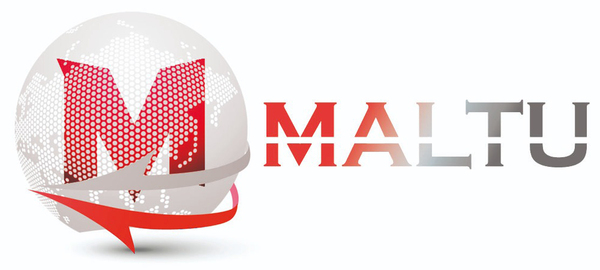Supplier shall ship products in accordance with shipping instructions provided by customer. customer shall specify the product part number and quantity, ship to address, ,carrier, and other information required for the shipment. All products shall be packaged for shipment as specified by customer’s packaging instructions for each customer’s product. customer shall pay or reimburse supplier for all freight, duty, taxes or other charges associated with shipment of products by supplier. To make arrangements for, obtain or provide, at buyer's expense, all shipping and insurance by a mutually agreed upon transport carrier a Pet Porter, or similar, suitable kennel for shipment and all required health certifications for shipment.
Types of Shipping Arrangement
EXW (Ex Works)
Under this Incoterm, you’re responsible for everything—picking up the item at the seller’s warehouse all the way through delivering it to the place where you need it. Although this may be the cheapest option up front, at the end of the day, it may end up costing you more. Why? Consider the fact that you’d probably have to pay for a dedicated delivery to port for your single order when the supplier might make multiple, consolidated deliveries each day that they’d probably charge you less for.
DDP (Delivered Duty Paid)
This is the polar opposite of EXW, in which the seller agrees to take care of all the costs in getting the goods to the location of the buyer’s choosing, including paying any duties involved. This is probably your most expensive option, but it’s the one that involves the least amount of logistics and coordination on your part.
Example : FedEX
- Currier services which helps seller to deliver product, document and etc to their buyer.
- Website : https://www.fedex.com/en-my/
FOB (Free on Board)
This Incoterm dictates that the seller will deliver the goods to a ship of the buyer’s choosing and pay for it to get loaded onboard. The buyer then pays for everything from there, including transport by ship. This may end up being your most cost-effective option, depending on the price you negotiate with your freight forwarder. Note that this is one of 4 Incoterms that only applies to sea/inland waterway transport.
Example : Acme Clothing
- Acme Merchandising is the division of Acme Groupdevelops and distributes branded merchandise for the retail market and events. Started designing and making merchandise in 1978 for rock bands, and in later years for licensed brands such as Harley-Davidson®, the Harley Owners Group® (H.O.G.) for member merchandise, events and rallies. The business was started by Tony Blain, a true gentleman and visionary, and is now run by Tony 2. Acme have also been involved with events such as the Sydney Olympics in 2000, Melbourne Commonwealth Games in 2006, and a number of TV shows and movies. Thirty years of great brands, and many millions of t-shirts and other merchandise! The service is all about making it easy for your brand with designed merchandise delivered to the customer. Had a great team and we are proud of the service experience created. In every design or branding project we try to capture the essence and integrity of the brand, and how it connects. Striving to design products of our partners and customers are excited to sell, to give, to receive and to remember.
- Website : https://www.acmemerch.com.au/acme-brands/
CIF (Cost, Insurance and Freight)
This is also another Incoterm that only applies to sea/inland waterway transport. Like FOB, the seller will deliver the goods to the vessel and get it loaded on board. However, in addition to the requirements of FOB, the seller will also pay the ocean freight as well as the insurance. Once the vessel arrives in port, the buyer is responsible for the costs, including the unloading of the goods from the ship. You’ll see this Incoterm used frequently in both B2B and B2C transactions.
Example : As an example, let's say that Best Buy has ordered 1,000 flat-screen televisions from Sony using a CIF agreement to Kobe, a Japanese port. Sony has delivered the order to the port and loaded the product onto the ship for transport. Once loading has been completed, the risk of loss is transferred from Sony to Best Buy. In return, Sony has purchased insurance and pays the freight and shipping costs until the ordered goods reach the buyer's port of destination.
While the ship is enroute, a fire breaks out in one of the cargo bays. The cargo is damaged due to the fire and the water. Since a CIF agreement was in place, Best Buy can file an insurance claim to cover the cost of the damaged goods.
FAS (Free Alongside Ship)
Under this Incoterm, which only applies to sea/inland waterway transport, the seller is responsible for transporting goods to the named port on their end. However, once the goods are at the port, it’s the buyer’s responsibility to take it from there, paying for the goods to get loaded on the ship, the ocean freight and everything else needed to get the shipment to its destination.



